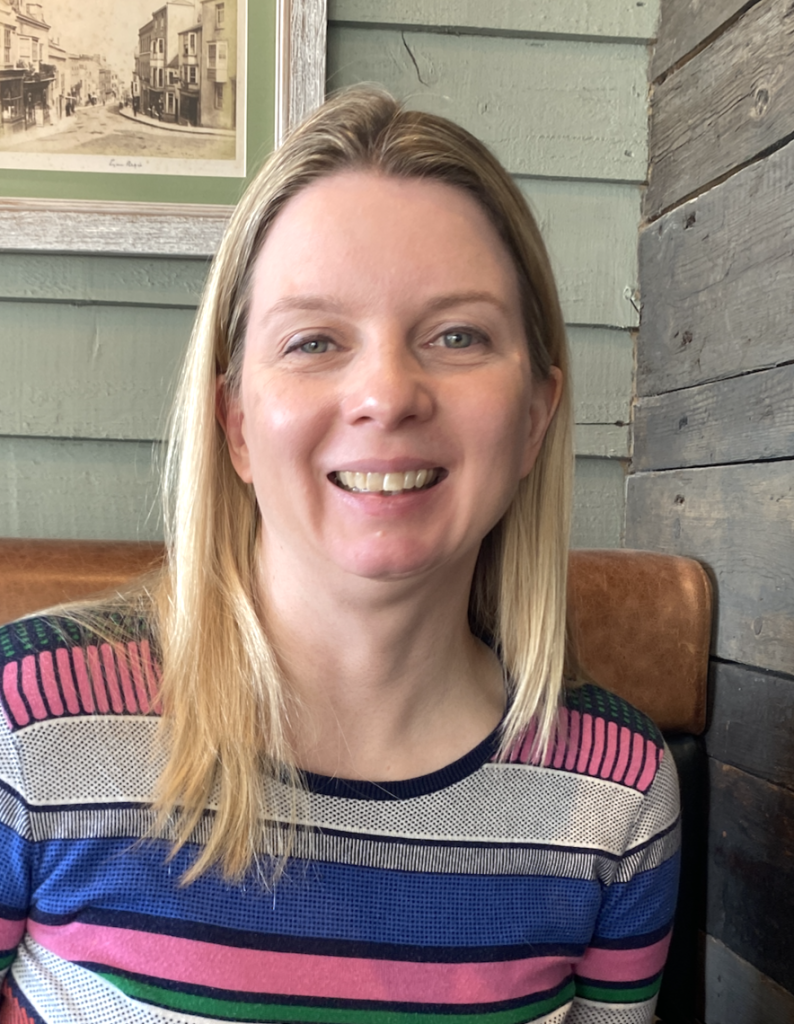Introduction
I grew up in Melbourne, Victoria, and completed undergraduate degrees in law and science at the University of Melbourne. After graduating, I spent three years as a solicitor at Minter Ellison before returning to the Melbourne Law School as a research fellow and, subsequently, doctoral candidate. My thesis passed in 2012, and won the Law School’s Harold Luntz Graduate Research Thesis Prize and the university-wide Chancellor’s Prize for Excellence in the PhD Thesis. Prior to starting at Queen’s in 2023, I held posts at the University of Queensland (2009-2012), University of Oxford (2012-2015) and King’s College London (2015-2023). I am the author of Drafting Copyright Exceptions: From the Law in Books to the Law in Action, published by Cambridge University Press in 2020.
Teaching
Within the College, I teach Contract Law and Trusts at FHS Level. My Faculty teaching is in Intellectual Property law. I contribute to all four IP half options offered to students studying the BCL/MJur and the MSc in Intellectual Property Law: Comparative Copyright; Incentivising Aesthetic Progress: Intellectual Property, Art & Design (which I convene); Incentivising Innovation; and Trade Marks and Brands. I also contribute to the Oxford Diploma in Intellectual Property Law. I am available to supervise graduate work, in particular in relation to copyright and trade mark law.
Research
My research spans many areas, including intellectual property, personal property, trusts, and law as it relates to cultural institutions and the creative industries. I have a particular interest in interrogating the ‘law in action’ – that is, law as understood by everyday actors. This reflects the idea that law has multiple audiences, only some of which are legal experts (judges, lawyers and the like). How do regular folk understand and engage with the law? In exploring these questions, I have drawn from more recent iterations of law and economics, being scholarship informed by psychologists, behavioural economists and others who have challenged and built on the insights of the Chicago school and its legal offshoots. In my current work, I am drawing even more heavily from cognitive science, psychology and allied fields, in order to test the scientific basis of certain claims and concepts in intellectual property law.
